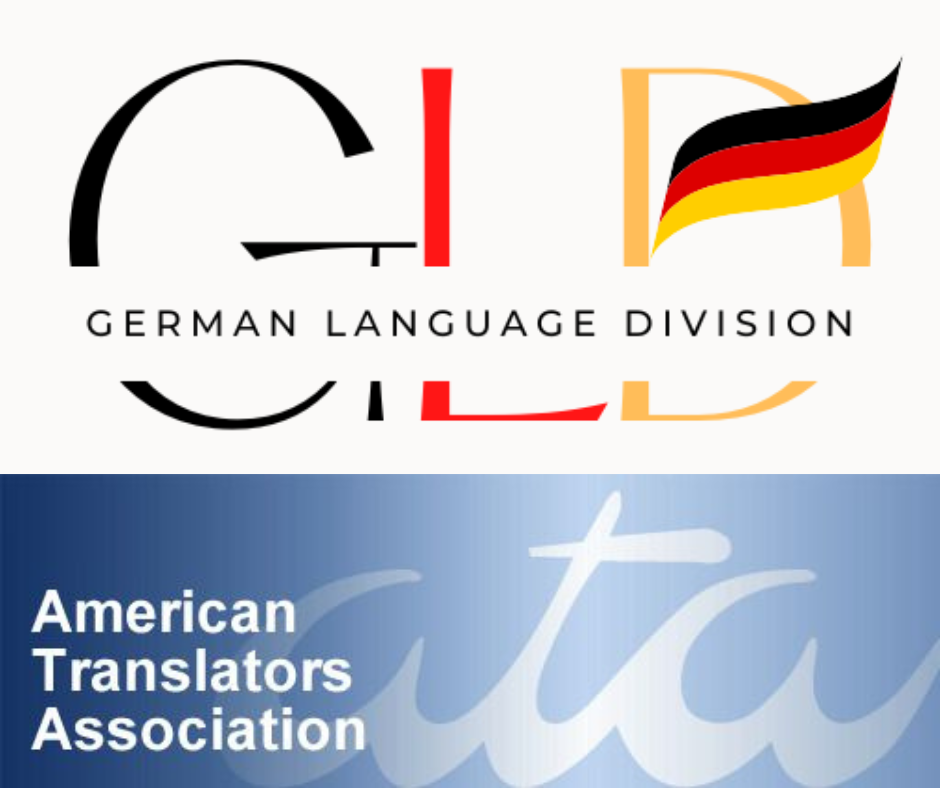Translators and interpreters are told they should specialize. But why? And how narrowly? And how do they achieve it?
Join presenter Karen Tkaczyk in examining the concrete benefits of specializing, what a specialized practice looks like—hint: specialists refuse a lot of work!—and how to get there. Karen will look at the big picture while walking you though steps to create a personal action plan that might include developing your own curriculum, working with a partner, and finding opportunities for ad hoc learning.
Date: February 9, 2017
Time: 12 noon US Eastern Standard Time
Duration: 60 minutes
Registration: ATA member $45, non-member $60
How did you get here?
An important piece of the specialization puzzle is the path that brought you to this point. Did you enter the profession from a previous career, maybe one that offers a tailor-made specialization? Are you here right out of college without any extensive work history? Let Karen tell you why this makes a difference and how you can use it to your advantage.
What will you learn?
- Advantages of specializing
- Pros and cons of common versus rare specializations
- Ways to build your expertise once you have picked your specialty
- How to market yourself as a specialist (to both LSPs and direct customers)
- Ways to say no when offered work outside the areas you know best
About the Presenter
Karen M. Tkaczyk PhD, CT, FITI is an ATA-certified freelance translator (French>English). She holds an MChem in Chemistry with French (University of Manchester, UK), a Diploma in French and a PhD in Organic Chemistry (University of Cambridge, UK). Early in her career, Karen worked in the pharmaceutical industry in Europe, then after relocating in 1999, in pharmaceuticals and cosmetics in the US. Karen credits her subject-matter expertise and specialization with getting a fast start when she began her translation business in 2006. She tweets as @ChemXlator.
